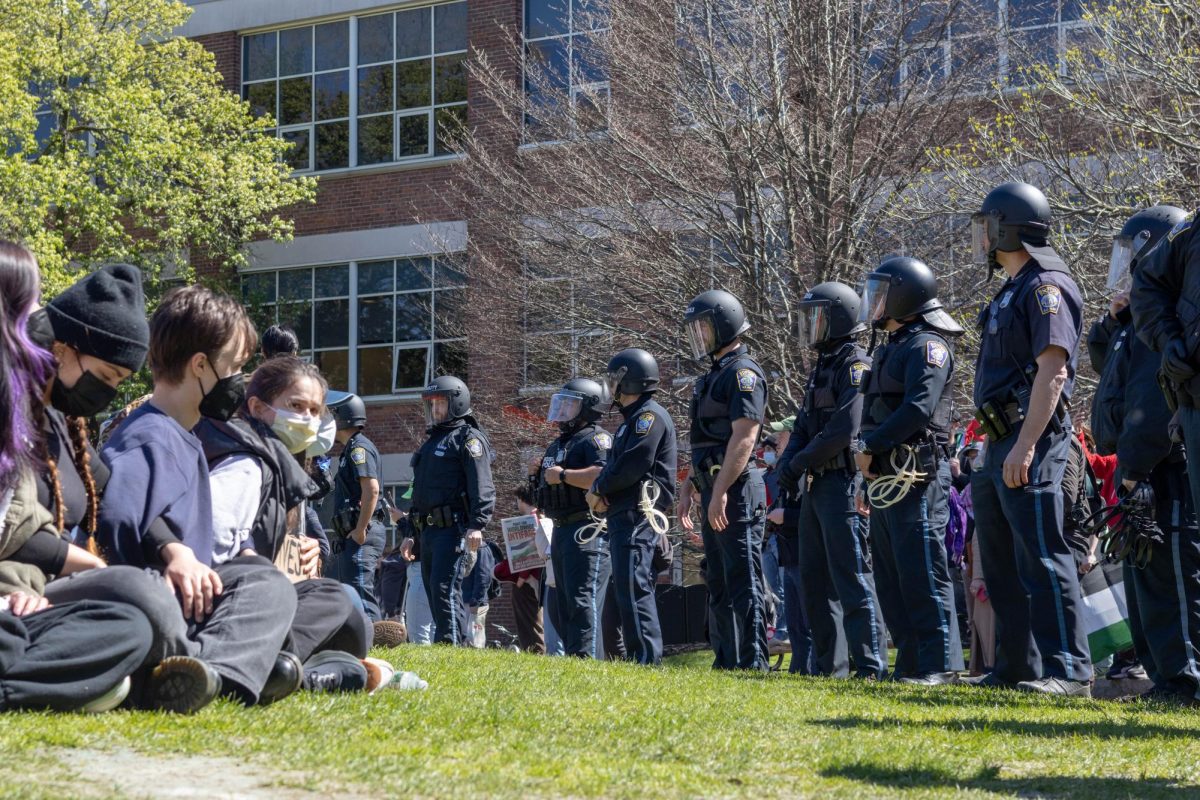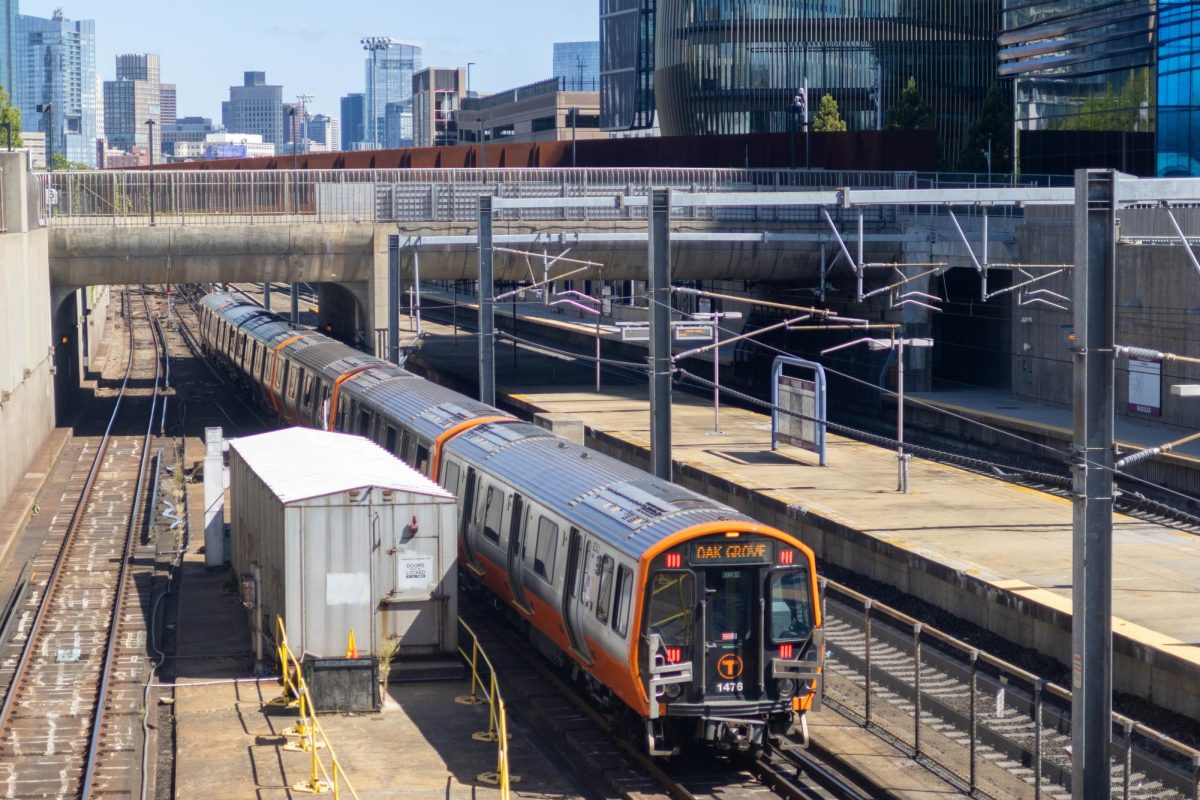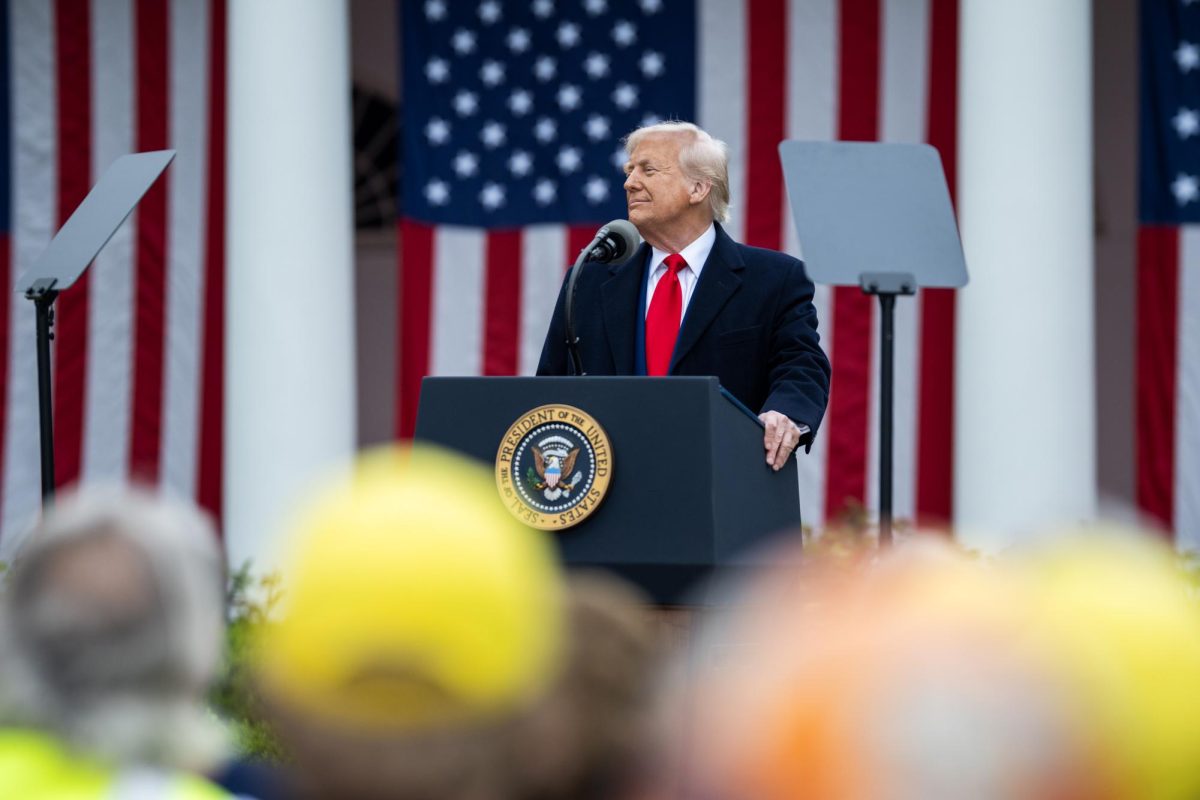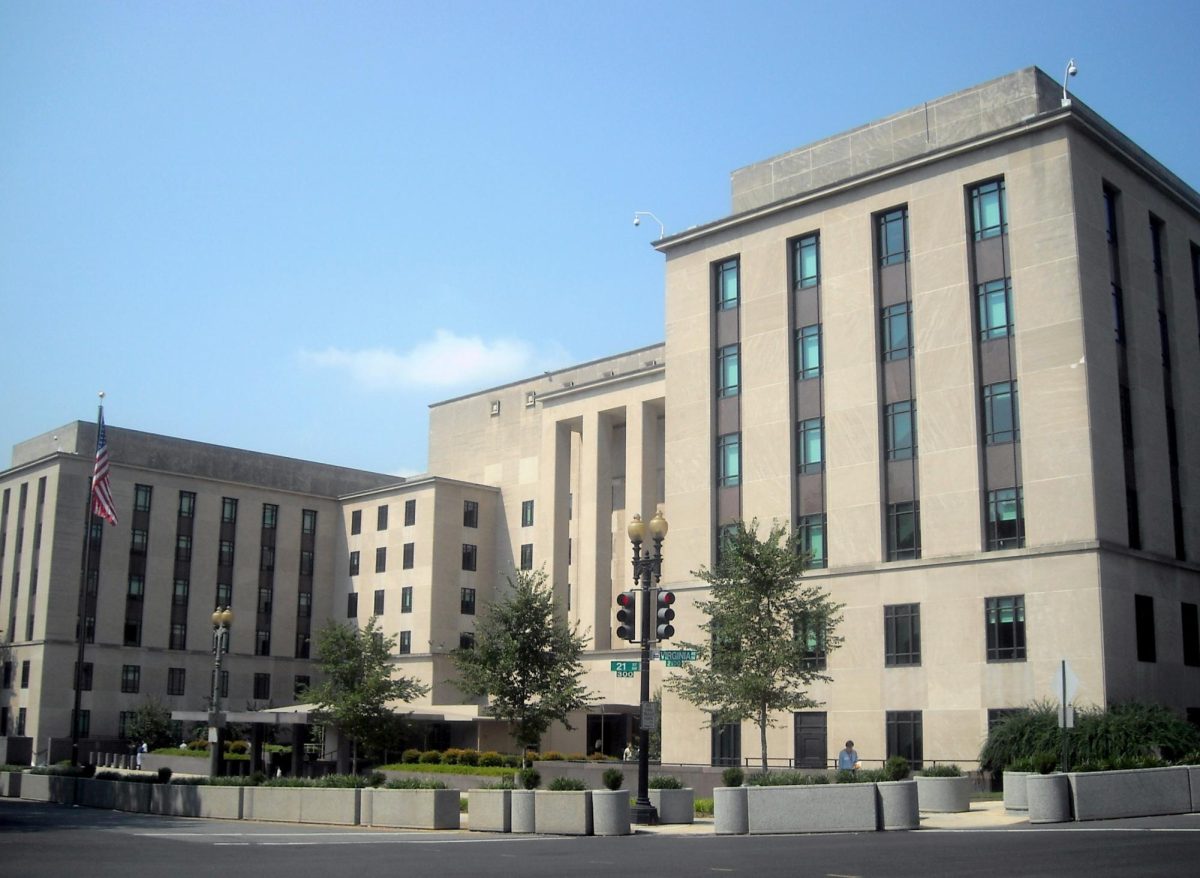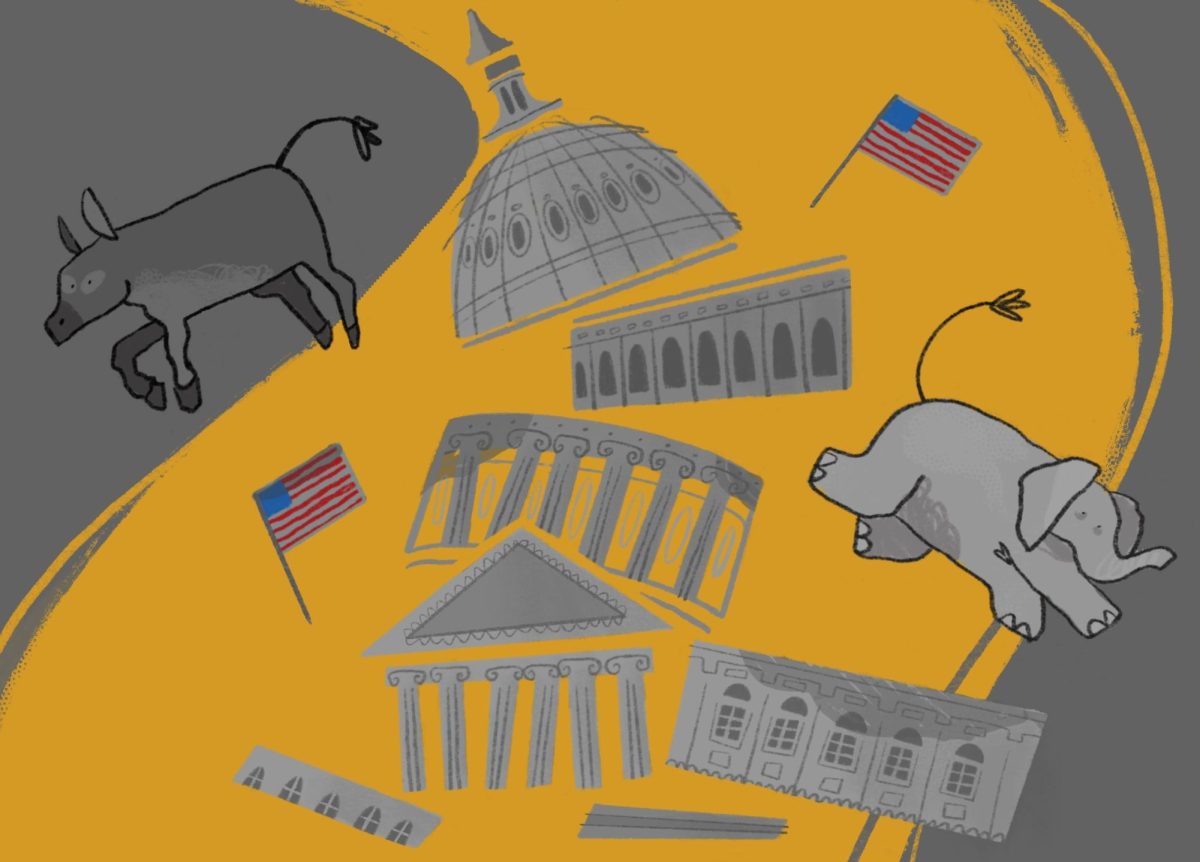By Zolan Kanno-Youngs, News correspondent
I never thought something could distract me from a weekend of celebrating a World Series championship win. I was proven wrong last week when I saw the news, watching the various shenanigans students got into after Koji Uehara threw that final strike.
Amongst the mobs and flipped cars, I saw that one student had been charged with wiring – or recording – a police officer.
Section 99 of chapter 272 of Part IV of Mass Crimes, Punishments and Proceedings in Criminal Cases reads, “The general court further finds that the uncontrolled development and unrestricted use of modern electronic surveillance devices pose grave dangers to the privacy of all citizens of the Commonwealth. Therefore, the secret use of such devices by private individuals must be prohibited.”
I understand that filming a civilian without their consent is rightfully illegal, but our authorities need to be held to a higher standard. Politicians are constantly filmed and recorded by the media, even at times without them knowing. It holds them accountable for their actions and keeps them diligent. Our law enforcers are also representing our greater communities and should be held to that same standard.
Have incidents of police brutality not also proven that every citizen should have the full means to defend themselves?
Many states think so. In fact, in Los Angeles, the police department is pushing for officers to carry surveillance cameras on their uniforms. It would not only help them by recording the public and acquitting wrongfully accused officers, but it would also hold officers to their expected professional standards.
And professionalism in a confrontation is what seems to have become a gray area for some of our authorities.
I was able to catch up with the student charged with wire-tapping, Tyler Welsh, to hear what he did in the confrontation to deserve that charge. He said he and the officer got into an argument after Welsh questioned why he couldn’t go past the barricades the police had set up to contain students near Fenway Park.
“It was like the situation was getting to the point where I thought he wasn’t doing the right thing,” Welsh said. “He was lacking that professionalism and I thought, ‘I’m going to catch this on camera so at least I can go back and have it and be able to see if what he said was okay, was it not okay or was what I was doing okay?”
Welsh described the confrontation with the officer in an all too familiar way for anyone who ever been in the same situation. He described feeling nervous, afraid and losing control of the entire situation. So he put his phone in front of his chest and began to record a video.
It wasn’t the first time the student felt the need to do so.
Two weekends ago, Welsh was outside a party Boston Police shut down in Mission Hill. He encountered five police officers surrounding and pushing one second-year business student, Michael Kerr, and once again felt the need to document the incident.
“I exited the building after asking a cop inside if I could retrieve my jacket, who replied by grabbing me by my collar and yelling at me to leave immediately,” Kerr said. “I asked another officer outside the same, at which point I was surrounded by 5 of them pushing me and calling me a ‘tough guy’ and to ‘stop with all the questions.’”
The unprofessional acts definitely do not represent police forces everywhere, let alone the entire Boston Police Department. These are men sacrificing their lives for the greater good, and that demands respect. However, they do prove citizens need more power when involved in these incidents and police departments need a way to flesh out their officers who are misrepresenting their communities. Recording those confrontations will only help both parties by holding each of them to the same level of accountability.
–Zolan Kanno-Youngs can be reached at comments@HuntNewsNU.com.


